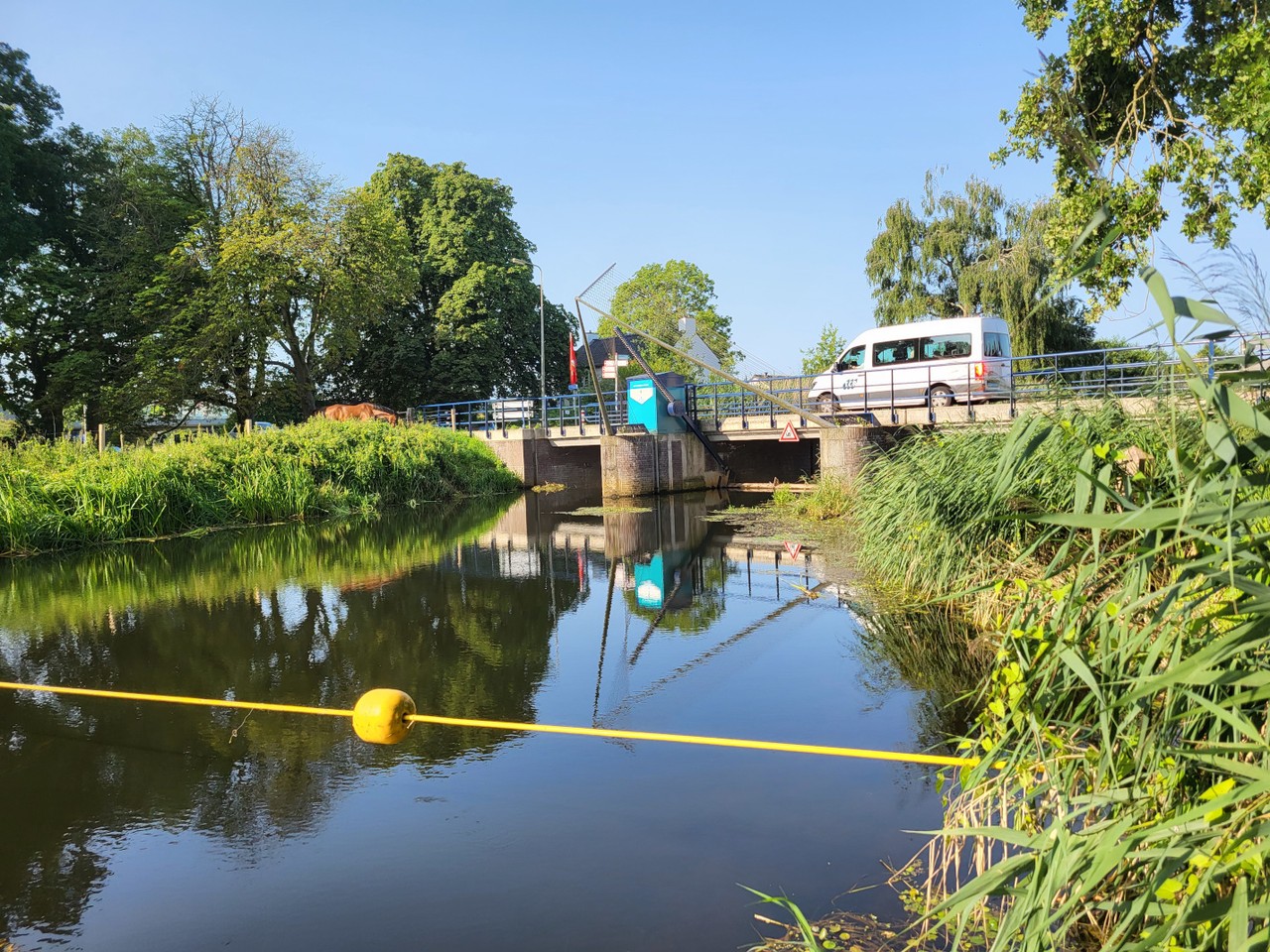Joseph William (Joe) Campbell, born in 1922 on Prince Edward Island, was assigned in early 1945 as a Corporal to the North Nova Scotia Highlanders (NNSH). He became a section commander in "C" Company.
In the spring, the 9th Canadian Infantry Brigade planned to advance through the Achterhoek toward the north of the Netherlands to encircle German forces in the west. On 8 April 1945, the NNSH was ordered to secure a bridgehead over the Schipbeek near Bathmen, but the bridge on Gorsselseweg had been destroyed. "C" Company was tasked with making the initial assault to the opposite bank.
During the attack, the company came under heavy machine gun and mortar fire. Moreover, the access to the destroyed bridge was found to be full of landmines. Campbell resolutely led his men toward the Schipbeek's bank, disregarding his own safety, encouraging them one by one. When the signal to cross was given, Campbell stormed across the remains of the destroyed bridge with his men. A smoke screen concealed their movements from the enemy, but Campbell immediately spotted two machine gun nests dug in close to the riverbank along the Schipbeek. Despite the deadly hail of fire that suddenly erupted nearby and took out two of his men, Campbell and the rest of his men quickly reached the shore. Making good use of his Sten gun, he personally took out one of the machine gun positions. After placing his Bren gun to provide covering fire, he led his infantrymen in a bayonet charge on the second machine gun nest. The German forces opened fire at close range. Campbell was killed just seconds before his men jumped into the enemy trench and finished the job.
The bank was cleared, and the rest of the company immediately crossed the Schipbeek on foot into Bathmen. Soon after crossing, they reached the edge of the village. The other companies then received orders to cross the Schipbeek and clear the eastern part of the village. A Bailey bridge to replace the Veerbrug (Schipbeeksweg) allowed heavy equipment (tanks, armoured vehicles, etc.) to cross from the next day onward and continue the advance north.
Thus, Bathmen was liberated, largely thanks to the brave actions of Campbell. On 8 Decembers 1945, Queen Wilhelmina posthumously awarded Campbell the highest Dutch military decoration, the Military Order of William.
